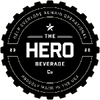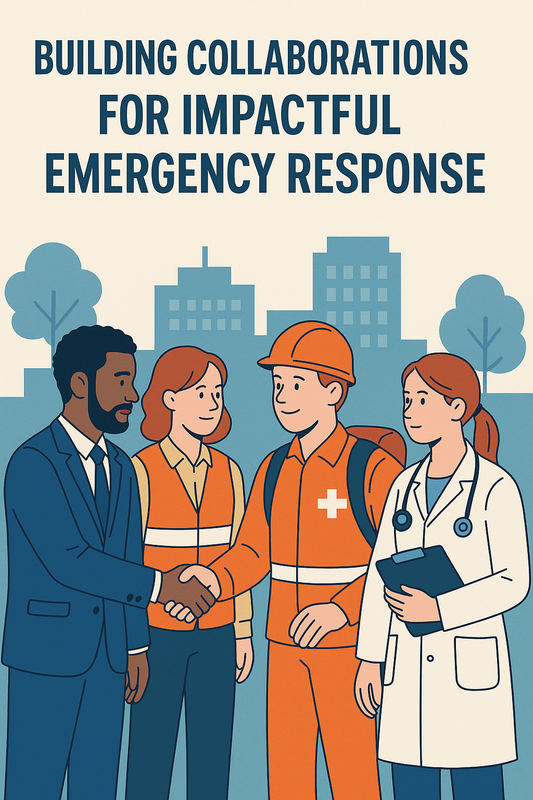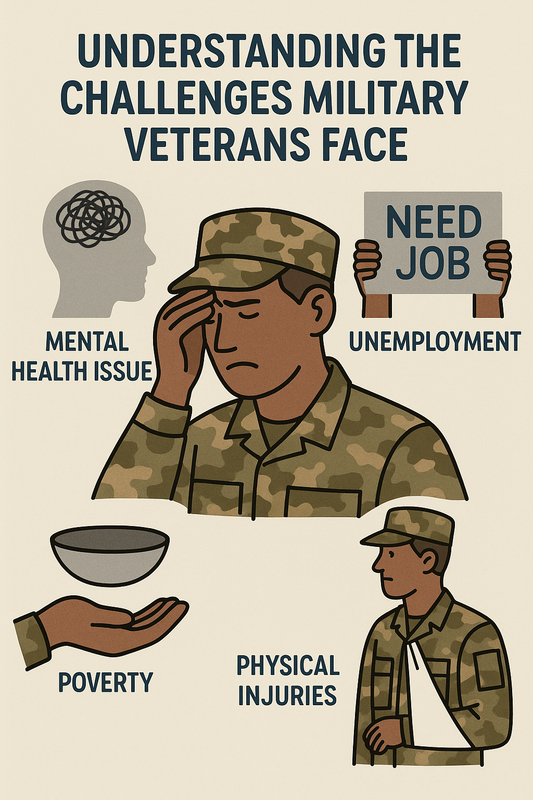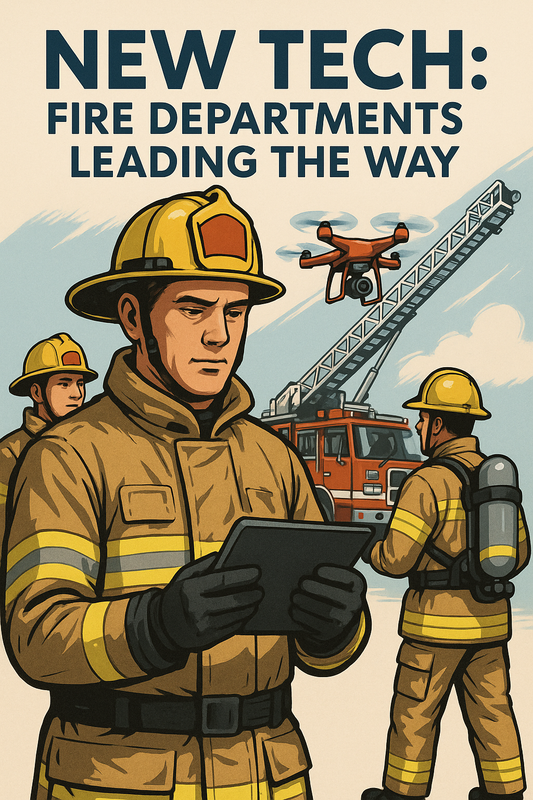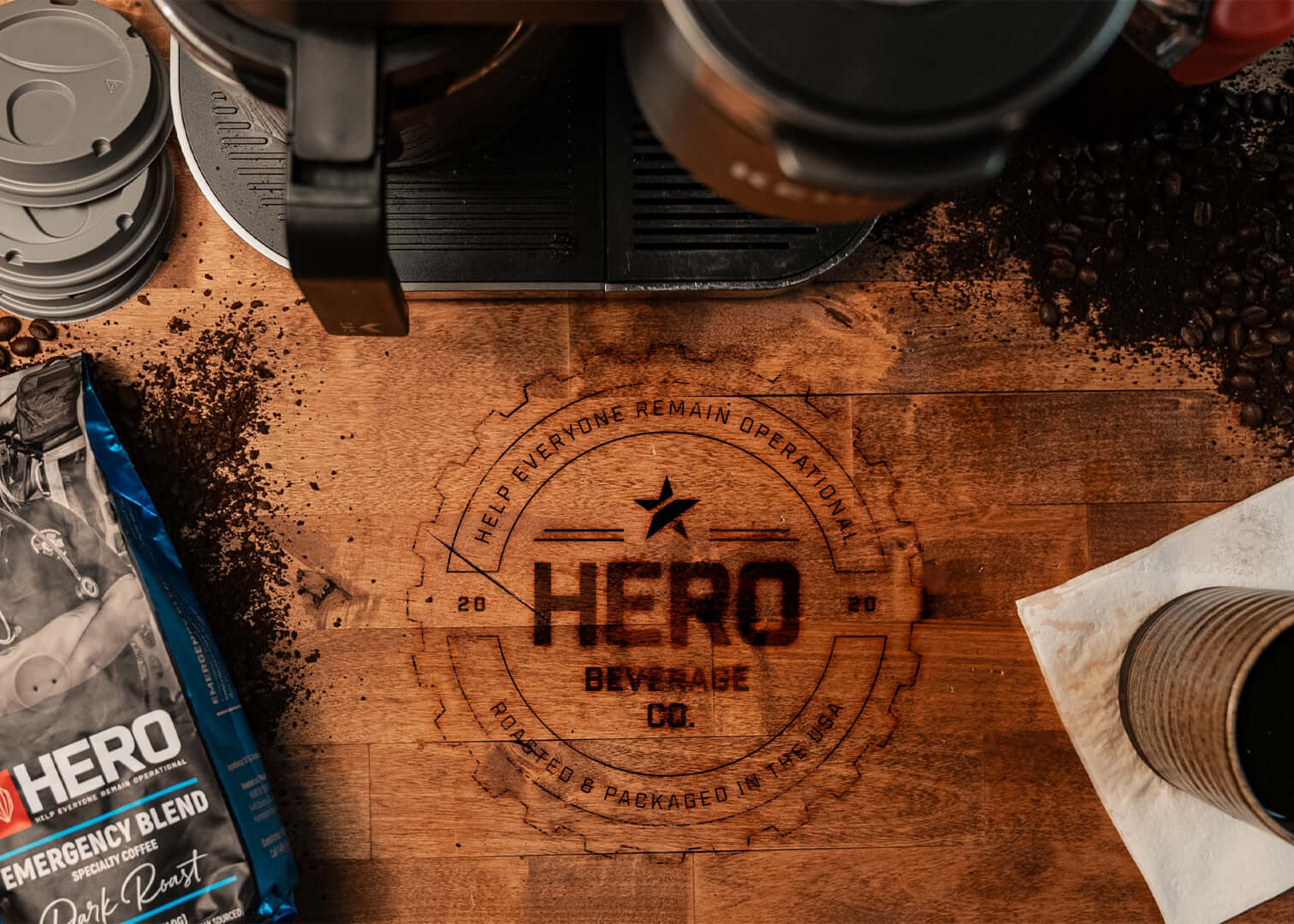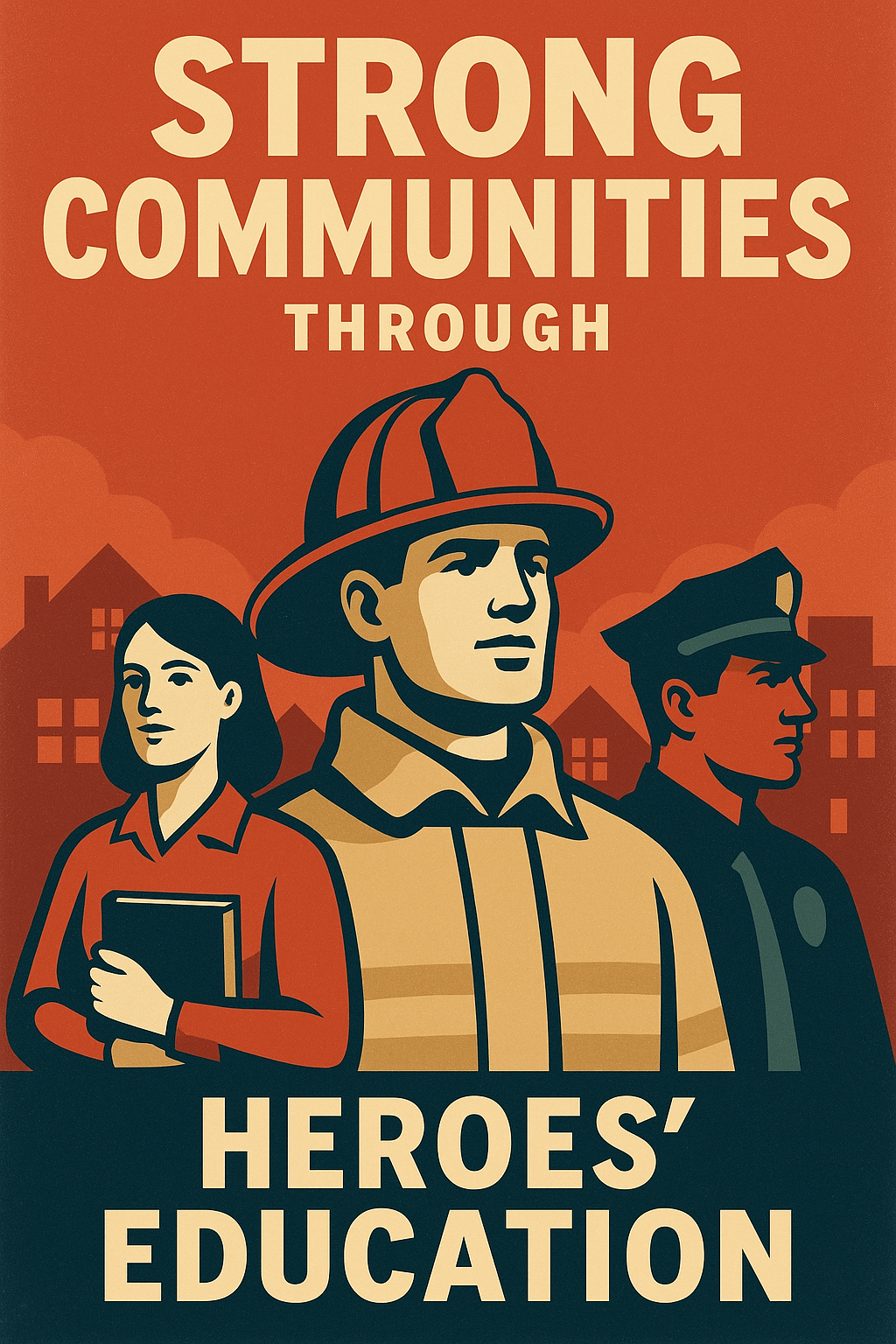
Strengthening Communities Through Heroes’ Education
Frequently Asked Questions
1. What is the importance of educational programs for heroes?
2. How do operational t-shirts contribute to community building?
3. What are the key features of effective educational programs for heroes?
4. How can individuals get involved in supporting educational programs for heroes?
5. What role does inclusivity play in educational initiatives for heroes?
The heart of a community lies in its shared values and the commitment to uplift one another. Educational programs tailored for heroes—such as military personnel, first responders, and community leaders—can play a vital role in fortifying our communities. By focusing on educational initiatives specifically designed for those who serve on the frontlines of safety and security, we can equip them with the knowledge and resources necessary to create lasting impact. This article will explore how these programs help forge stronger communities while also highlighting the importance of custom operational t-shirts in fostering a sense of unity.
The Essence of Community Engagement
Communities thrive when individuals actively participate and engage in each other's lives. Heroes, including military members and first responders, often embody the spirit of selflessness and dedication to the greater good. However, when they return from service or transition towards civilian life, they may face challenges that can hinder community engagement.
Through targeted educational programs that focus on enhancing skills, knowledge, and leadership qualities, we can empower these heroes to reintegrate successfully. These programs serve as a bridge between their past experiences and their current community roles, enabling them not only to benefit personally but also contribute meaningfully to others.
Creating Impact Through Tailored Educational Programs
Successful educational programs for heroes should address their unique needs. Here are some key features that make these initiatives effective:
Skill Development
Skill development is critical. Programs that focus on areas such as leadership training, conflict resolution, and community engagement can help veterans and first responders transition smoothly into civilian roles. With these skills, they can take on community projects, advocacy roles, or even lead non-profit organizations, ultimately making a positive difference in their neighborhoods.
Networking Opportunities
Education is not just about learning; it’s also about building connections. Strong networking opportunities allow heroes to meet mentors and peers who share similar experiences. Educational programs can host workshops, seminars, and networking events that foster relationships among community members—creating solidarity and support among individuals who serve.
Access to Resources
An obstacle many service members face is the lack of access to essential resources. Educational programs can bridge this gap through partnerships with local organizations and businesses. By providing these heroes with resources like counseling services, job placement agencies, and legal aid, communities can help them navigate the complexities of life after service.
The Role of Operational T-Shirts in Community Building
One often overlooked but impactful aspect of fostering community is the importance of identity. Operational t-shirts serve as a powerful symbol of unity and pride among military personnel and first responders. They not only provide comfort and style but also reflect a sense of belonging.
Wearing operational t-shirts can reinforce bonds within a community, as they portray dedication to duty and service. When heroes don their custom shirts during events, they send a clear message about their commitment to serving not just their respective organizations, but their communities as well. Such visual representation can inspire others to get involved and support local initiatives.
Success Stories from Educational Programs
Across the country, several outstanding educational programs are making a difference in the lives of heroes and their communities. Here are a few examples of how these programs have created positive impacts:
Local Leadership Programs
Many cities have developed leadership programs specifically for veterans and first responders. These programs often partner with local governments and educational institutions to create curricula that emphasize community leadership. Participants receive mentorship, training, and opportunities to engage in community initiatives, empowering them to lead impactful projects that benefit their neighborhoods.
Job-Specific Training Courses
In addition to basic skill development, specialized training courses have been designed for transitioning service members. These programs focus on industries that often seem foreign to veterans but have high demand in the job market, such as technology, healthcare, and skilled trades. Equipped with ROI-focused educational programs, heroes can successfully adapt their skills to civilian needs.
Community Service Initiatives
Educational programs are also encouraging community-wide service initiatives. By organizing volunteer days where heroes can work alongside civilian residents, these programs are fostering understanding and collaboration. Such initiatives can range from environmental clean-up efforts to support for local charities, showcasing the spirit of collaboration between heroes and citizens.
Fostering Inclusivity in Educational Initiatives
To cultivate a robust sense of community, inclusivity must be a cornerstone of educational programs for heroes. Everyone in the community has unique perspectives and contributions to make, and programs should actively encourage participation from all demographics, including families, local volunteers, and community members from various walks of life.
Listening to Diverse Voices
Inclusivity starts with the simple act of listening. Organizations providing educational programs should seek feedback from participants and community members. Creating avenues for open dialogue ensures that the programs offered resonate with the needs of those being served. Surveys, focus groups, and community forums offer excellent platforms for gathering input and refining initiatives accordingly.
Diverse Programming Options
Recognizing that not all heroes have the same learning styles or needs, success lies in offering diverse programming options. From in-person workshops to online courses, community-driven efforts should accommodate different preferences. Additionally, programs may facilitate special sessions tailored to women veterans, LGBTQ+ service members, and other historically underrepresented groups, fostering a more inclusive environment.
Empowerment Through Sponsorship and Collaboration
Support from local businesses and organizations plays a crucial role in the success of educational programs. Building strong partnerships allows for the pooling of resources and expertise necessary to engage and empower heroes effectively. Here are some ways businesses can contribute:
Financial Support
Businesses can offer sponsorships for educational programs, providing funds for materials, outreach activities, and instructor fees. This financial support enables programs to reach a broader audience, making it easier to implement meaningful learning experiences.
Shared Resources
Organizations can also collaborate by sharing resources such as venues for hosting workshops, expert trainers, or educational materials. This collaborative approach maximizes the impact of every invested dollar and enhances the overall effectiveness of the programs.
Taking Action: How to Get Involved
If you’re looking to make a difference in your community, consider taking actionable steps to support educational programs for heroes. Here are some suggestions:
- Volunteer Your Time: Give back by lending your time and expertise to local programs.
- Spread Awareness: Use your social media platforms to promote educational initiatives and encourage others to participate.
- Donate: Financial contributions to relevant organizations can directly impact community programs.
- Educate Yourself: Learn more about the challenges veterans and first responders face, and share that knowledge within your networks.
- Attend Events: Join workshops, seminars, or community events to demonstrate your support and commitment.
A Vision for the Future
The potential for stronger communities lies in valuing and investing in our heroes. By fostering educational programs that empower military personnel, first responders, and community leaders, we can cultivate an inclusive society that thrives on cooperation, understanding, and service. Together, we can ensure that those who protect and serve are not just acknowledged but uplifted, given the tools they need to create lasting change.
Let’s stand together as a community—supporting our heroes and building a brighter, more educated future for all!
Explore another user's Shopify or Wix store by following this link to their store. Keep in mind that this is a promotional link, and we assume no responsibility for the content of the linked store.
